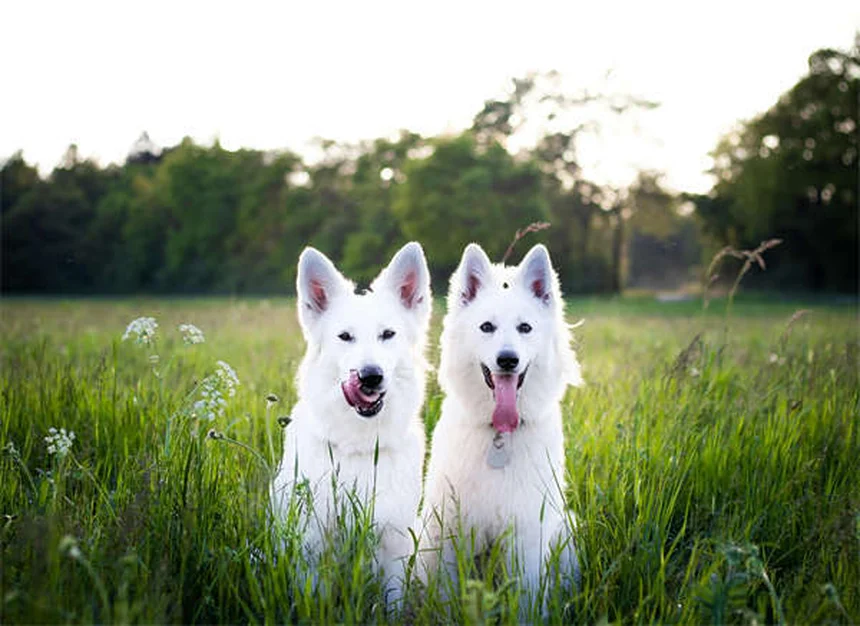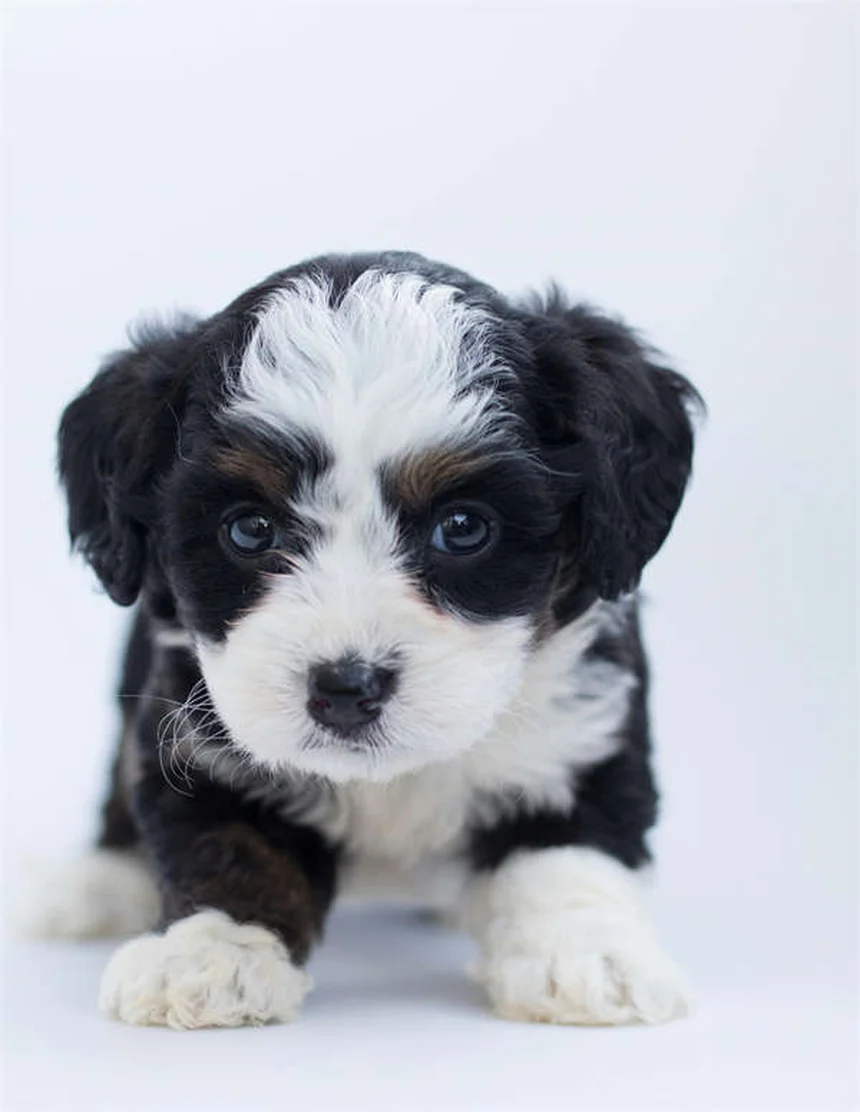Wondering how to help your constipated cat? Here's the straight answer: Cat constipation is treatable, but timing matters! Most cases respond well to simple home remedies like increased water intake and diet changes, but if your kitty hasn't pooped in 48 hours or seems uncomfortable, vet attention is crucial.As a cat owner myself, I've learned that constipation isn't just about discomfort - it can signal serious health issues. The good news? With the right approach, you can often prevent and treat mild cases at home. In this guide, we'll cover everything from vet treatments to proven home remedies that actually work.Let me share what veterinarians taught me: dehydration is the #1 cause of feline constipation. That's why switching to wet food makes such a difference. But there's more to the story - we'll explore 8 practical solutions including exercise, stress reduction, and litter box tricks that get things moving again.
E.g. :Kitten Feeding Guide: How Much & How Often to Feed Your New Fur Baby
- 1、Understanding Cat Constipation
- 2、Veterinary Treatments for Constipation
- 3、Home Remedies That Actually Work
- 4、Lifestyle Changes for Better Digestion
- 5、The Litter Box Connection
- 6、Monitoring and Prevention
- 7、The Surprising Link Between Hydration and Cat Constipation
- 8、The Fiber Debate: Friend or Foe?
- 9、The Hidden Impact of Medications
- 10、The Age Factor: Kittens vs. Seniors
- 11、The Emotional Side of Cat Constipation
- 12、FAQs
Understanding Cat Constipation
Let's be honest - nobody enjoys talking about poop, but when your feline friend starts struggling in the litter box, it's time to pay attention. Constipation in cats happens more often than you might think, and while it's usually not serious, it can sometimes signal bigger health issues.
What Exactly Is Constipation?
When your cat can't poop comfortably, we call that constipation. It's like when you eat too much cheese (we've all been there) and then... well, you know. For cats, this means hard, dry stools that are painful to pass, or sometimes no bowel movements at all.
Did you know that healthy cats typically poop once or twice daily? If your kitty hasn't gone in 48 hours, that's your cue to call the vet. And here's something interesting - older cats tend to get constipated more often than younger ones. That's because as cats age, their digestive systems slow down, just like ours do.
Why Should You Care?
Constipation isn't just uncomfortable for your cat - it can actually be dangerous if left untreated. Imagine holding your poop for days (please don't actually try this). The longer stool stays in the colon, the more water gets absorbed, making it even harder to pass. In severe cases, this can lead to a condition called megacolon where the colon stretches out and stops working properly.
Veterinary Treatments for Constipation
 Photos provided by pixabay
Photos provided by pixabay
When to Visit the Vet
Here's a simple rule: if your cat hasn't pooped in two days or seems uncomfortable, don't wait - call your vet. I know what you're thinking - "But my cat hates going to the vet!" Trust me, they'll hate being constipated even more.
Vets have several tools to help your constipated cat. They might give fluids under the skin (it's not as scary as it sounds), prescribe medications, or in some cases, perform an enema. Important note: Never try giving your cat a human enema at home - some types can be toxic to cats!
Finding the Root Cause
Here's the thing about constipation - it's usually a symptom, not the actual problem. Your vet will play detective to figure out what's really going on. Could it be dehydration? A food allergy? Maybe your cat swallowed a hairball that's causing a blockage?
Check out this comparison of common constipation causes:
| Cause | How Common? | Treatment |
|---|---|---|
| Dehydration | Very common | Increased water intake |
| Hairballs | Common | Special diets/grooming |
| Underlying illness | Less common | Varies by condition |
Home Remedies That Actually Work
Water, Water Everywhere!
Cats are terrible at drinking water - it's like they think they're camels or something. But here's a fun fact: cats who eat dry food only get about half the water they need. That's why switching to wet food can make such a big difference.
Try these tricks to get your cat drinking more:- Put water bowls in multiple locations (cats are weird about this)- Get a cat water fountain (many cats prefer running water)- Add water to their wet food (like cat soup!)- Try HydraCare™ - it's like a sports drink for cats
 Photos provided by pixabay
Photos provided by pixabay
When to Visit the Vet
Ever notice how some foods make you feel... backed up? Same goes for cats. If your cat's constipated, their food might be the culprit. Here's what works:
Protein switches: Try rotating between chicken, fish, and lamb-based foods. Some cats do better with novel proteins like rabbit or duck. And if you're changing foods, do it gradually over 7-10 days - nobody likes digestive surprises!
Fiber can be your friend (or enemy). Some cats do great with added fiber, while others get worse. It's trial and error, kind of like finding the right coffee blend that doesn't upset your stomach.
Lifestyle Changes for Better Digestion
Get That Cat Moving!
You know how a good walk can get things moving? Same principle applies to cats. Exercise stimulates the digestive tract. Try these ideas:- Play with feather toys for 10 minutes twice daily- Get a cat tree for climbing- Hide treats around the house for "hunting"
And here's a bonus - active cats are less likely to be overweight, and overweight cats get constipated more often. It's all connected!
Stress Less, Poop More
Did you know stress can literally stop your cat from pooping? It's true! Cats are creatures of habit - they hate change more than you hate stepping on a Lego barefoot.
Common stressors include:- New pets in the house- Construction noise- Changes in your work schedule- That neighbor's dog who won't stop barking
Try Feliway diffusers (like calming air fresheners for cats) or ask your vet about calming supplements. Sometimes just keeping their routine consistent makes a world of difference.
The Litter Box Connection
 Photos provided by pixabay
Photos provided by pixabay
When to Visit the Vet
Cats are picky about their bathrooms - would you use a dirty toilet in a noisy hallway? The general rule is one box per cat plus one extra, placed in quiet, accessible locations.
Here's a pro tip: If you have multiple floors, put at least one box on each level. Older cats especially appreciate not having to climb stairs when nature calls.
Finding the Right Setup
Litter box preferences are as individual as cats themselves. Some like covered boxes for privacy, others feel trapped in them. Some prefer fine-grained litter, others like the chunky kind.
The only way to know what works? Experiment. Try different setups and watch your cat's reaction. When you find the right combination, stick with it - cats don't appreciate surprise bathroom renovations any more than you would.
Monitoring and Prevention
Keep an Eye on Things
How often should you check your cat's poop? More often than you probably do now. Aim to monitor stool quality at least twice a week - look for hard, dry pellets or straining in the box.
Here's a question: What's worse than cleaning the litter box? Not being able to clean it because your cat isn't going! Regular monitoring helps catch problems early before they become serious.
When Prevention Fails
Even with perfect care, some cats will still get constipated sometimes. Certain medications, aging, or medical conditions can make it unavoidable. The key is knowing when home care isn't enough.
Red flags include:- No bowel movement for 48+ hours- Crying or straining in the litter box- Loss of appetite- Lethargy
Remember - you know your cat best. If something seems off, trust your gut and call your vet. It's always better to be safe than sorry when it comes to your furry friend's health.
The Surprising Link Between Hydration and Cat Constipation
Why Cats Are Naturally Bad Drinkers
Ever notice how your cat seems to drink water like it's doing you a favor? That's because cats evolved from desert-dwelling ancestors who got most of their moisture from prey. Modern house cats still carry this instinct, which explains why they often don't drink enough on their own.
Here's something fascinating - a 10-pound cat eating dry food needs about 1 cup of water daily, but might only drink half that voluntarily. That's like you trying to survive on two small glasses of water all day! No wonder constipation becomes an issue. The solution? We need to get creative with hydration strategies that work with their natural instincts rather than against them.
Creative Hydration Solutions You Haven't Tried
Let's think outside the water bowl! Did you know that many cats prefer drinking from unusual containers? I've seen cats who'll only drink from:- Your unattended coffee mug (classic cat move)- The bathroom sink (bonus points if it's dripping)- A fish tank (not recommended for obvious reasons)- A wide, shallow dish that doesn't touch their whiskers
Here's a game-changer - try adding ice cubes to their water. Some cats love batting at them and end up drinking more in the process. Or place water bowls in multiple locations - near their food, by their favorite sleeping spot, and near windows where they bird-watch. It's like setting up hydration stations throughout their territory.
The Fiber Debate: Friend or Foe?
Not All Fibers Are Created Equal
You might think fiber is fiber, but when it comes to cat digestion, there are actually two main types that work very differently:
| Fiber Type | How It Works | Best For |
|---|---|---|
| Soluble Fiber | Absorbs water, forms gel | Softening hard stools |
| Insoluble Fiber | Adds bulk | Stimulating bowel movements |
Here's the kicker - some constipated cats actually do worse with added fiber! How can this be? Well, if your cat's issue is slow motility (the gut isn't moving things along), adding bulk might just make matters worse. That's why it's crucial to understand what type of constipation your cat has before reaching for the pumpkin puree.
Natural Fiber Sources Cats Actually Like
If your vet recommends fiber, you've got options beyond boring supplements. Try these cat-approved sources:- Canned pumpkin (not pie filling - just plain pumpkin)- Cooked green beans (some cats go crazy for these)- Psyllium husk (mixed into wet food)- Special high-fiber cat treats
Here's a pro tip: Start with tiny amounts - we're talking 1/4 teaspoon for pumpkin - and gradually increase if needed. Too much too fast can cause... let's just say the opposite problem. And always make sure they're drinking plenty of water with any fiber addition, or you might accidentally make the constipation worse!
The Hidden Impact of Medications
Common Meds That Can Back Things Up
Would it surprise you to learn that some everyday medications can cause constipation in cats? Here are the usual suspects:- Pain medications (especially opioids)- Some anti-nausea drugs- Certain antidepressants- Iron supplements
Here's something vets don't always mention - even over-the-counter hairball remedies can cause issues if overused. Those petroleum-based lubricants might help hair pass through, but they can also interfere with normal bowel function if used too frequently. Always check with your vet about proper dosing and duration for any medication, even the "safe" ones.
What to Do If Meds Are the Culprit
If you suspect your cat's medication is causing constipation, don't just stop giving it - that could be dangerous. Instead, try these steps:1. Call your vet to discuss alternatives2. Ask about adding probiotics to support gut health3. Increase hydration (see our earlier tips)4. Request regular monitoring of bowel movements
Remember this golden rule: Never adjust medication without veterinary guidance, even if you're sure it's causing the problem. There might be other solutions your vet can suggest that address both the original issue and the constipation side effect.
The Age Factor: Kittens vs. Seniors
Why Kittens Rarely Get Constipated
Here's a fun fact - kittens almost never suffer from constipation. Why? Their digestive systems are like little turbo engines - food goes in one end and comes out the other with impressive speed. Plus, they're usually eating wet food exclusively, which provides plenty of moisture.
But (there's always a but) - if your kitten does seem constipated, it's an emergency. Unlike adult cats who might just be dehydrated, a constipated kitten could have a serious congenital issue or blockage. Don't wait - call your vet immediately if your kitten hasn't pooped in 24 hours or seems to be straining.
Special Considerations for Senior Cats
As cats age, their digestive systems slow down - just like ours do. Here's what's happening inside your older cat:- Decreased gut motility- Weaker abdominal muscles- Reduced thirst drive- Possible arthritis making litter box access difficult
This is why many vets recommend senior cats transition to:- Wet food diets- Lower litter box sides- More frequent but smaller meals- Gentle daily exercise (yes, even for couch potato cats)
And here's something most people don't think about - older cats might need help grooming their hind ends. If they can't twist to clean themselves properly, matted fur can actually block the anus. A quick sanitary trim from your groomer can work wonders!
The Emotional Side of Cat Constipation
How Your Stress Affects Your Cat's Digestion
Here's something wild - your stress levels can literally affect your cat's bowel movements. Cats are incredibly attuned to their humans' emotions. If you're going through a stressful period (moving, new job, relationship issues), your cat might respond by:- Eating less- Drinking less- Holding their poop- Overgrooming
All of these can contribute to constipation. So next time you're stressed, remember - you're not just worrying yourself, you might be worrying your cat too! Maybe try some relaxation techniques together - cat yoga, anyone?
The Litter Box as Emotional Barometer
Think of the litter box as your cat's personal diary - what happens (or doesn't happen) there tells a story about their emotional state. A cat who suddenly stops using the box might be:- Stressed by a new pet in the house- Anxious about a recent move- Depressed after losing a companion (human or animal)- Reacting to changes in your schedule
Here's a question worth pondering: Could solving your cat's constipation be as simple as spending 10 extra minutes of quality time each day? Many behaviorists believe so. Try adding a short play session or some gentle brushing to your routine - you might be surprised how quickly things start moving again!
E.g. :Constipation | Cornell University College of Veterinary Medicine
FAQs
Q: How can I tell if my cat is constipated?
A: Watch for these clear signs of cat constipation: straining in the litter box, hard dry stools (like little rocks), or no bowel movements for 2+ days. You might also notice decreased appetite or lethargy. As a rule of thumb, healthy cats poop 1-2 times daily. If your kitty's normal routine changes, it's time to investigate. Older cats are especially prone to constipation because their digestive systems slow down with age, just like ours do.
Q: What home remedies work for cat constipation?
A: These vet-approved home treatments often help mild cases: 1) Switch to wet food - it provides much more water than dry kibble. 2) Add water bowls around your house or try a cat water fountain. 3) Gently increase exercise through playtime. 4) Reduce stress with Feliway diffusers. 5) Experiment with different litter box setups. Remember - if no improvement in 24 hours or if your cat seems uncomfortable, stop home treatment and call your vet immediately.
Q: When should I take my constipated cat to the vet?
A: Don't wait longer than 48 hours without a bowel movement. Other red flags include vomiting, obvious pain, or blood in stool. Here's why timing matters: the longer stool stays in the colon, the more water gets absorbed, making it harder to pass. In severe cases, this can lead to megacolon (a stretched-out colon that stops working). Your vet has safe enema options and medications that aren't available over-the-counter. Trust me - your cat will thank you for not waiting too long!
Q: Can diet really prevent cat constipation?
A: Absolutely! Diet plays a huge role in feline digestion. Wet food provides essential moisture, while novel protein sources (like rabbit or duck) can help cats with food sensitivities. Some cats benefit from added fiber, while others do better with low-residue diets. It typically takes 8-12 weeks to see full results from dietary changes. Pro tip: When switching foods, always transition slowly over 7-10 days to avoid digestive upset. Your vet can recommend the best diet for your cat's specific needs.
Q: Why does my cat keep getting constipated?
A: Recurring constipation often points to an underlying issue. Common causes include chronic dehydration, food allergies, obesity, or stress. Senior cats may develop weaker colon muscles. In some cases, medications or medical conditions (like kidney disease) contribute to the problem. The key is identifying the root cause - your vet might recommend blood tests, X-rays, or ultrasound. Keeping a "poop journal" tracking frequency and consistency can help identify patterns. Remember - prevention is always easier than treatment!







